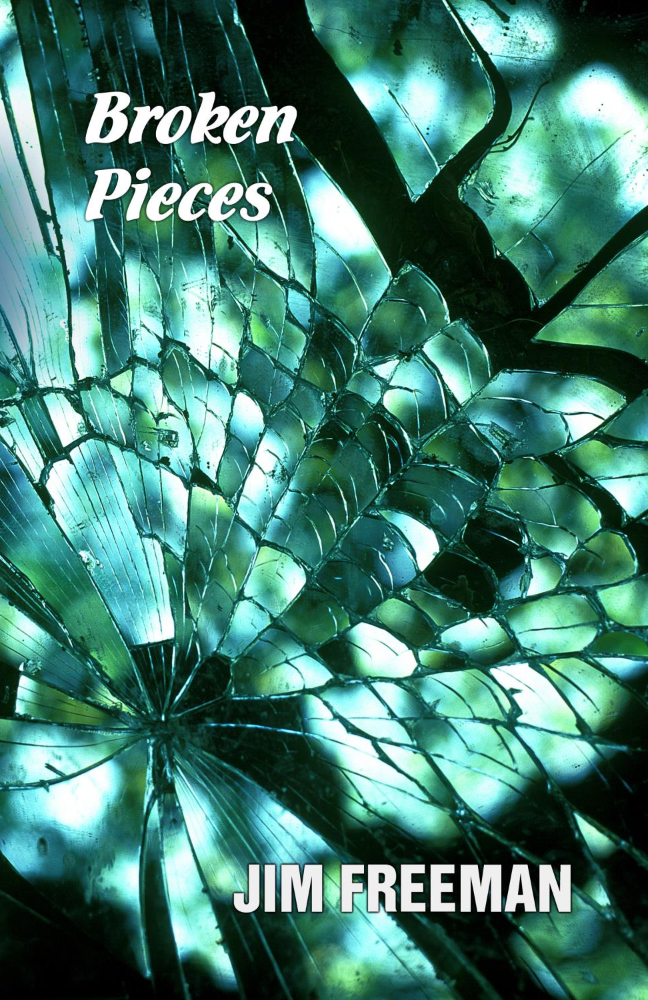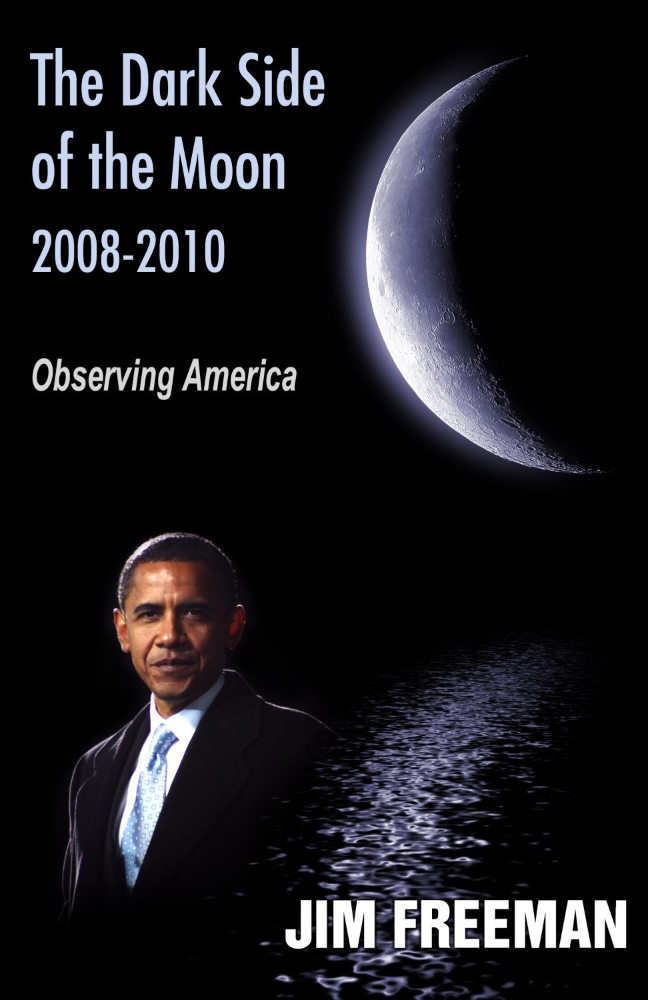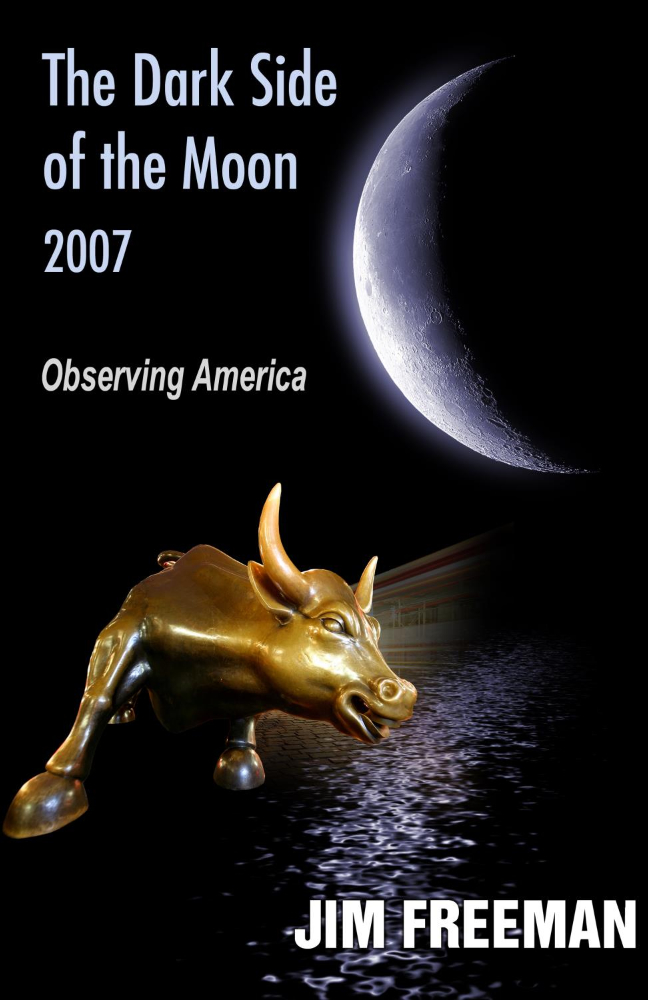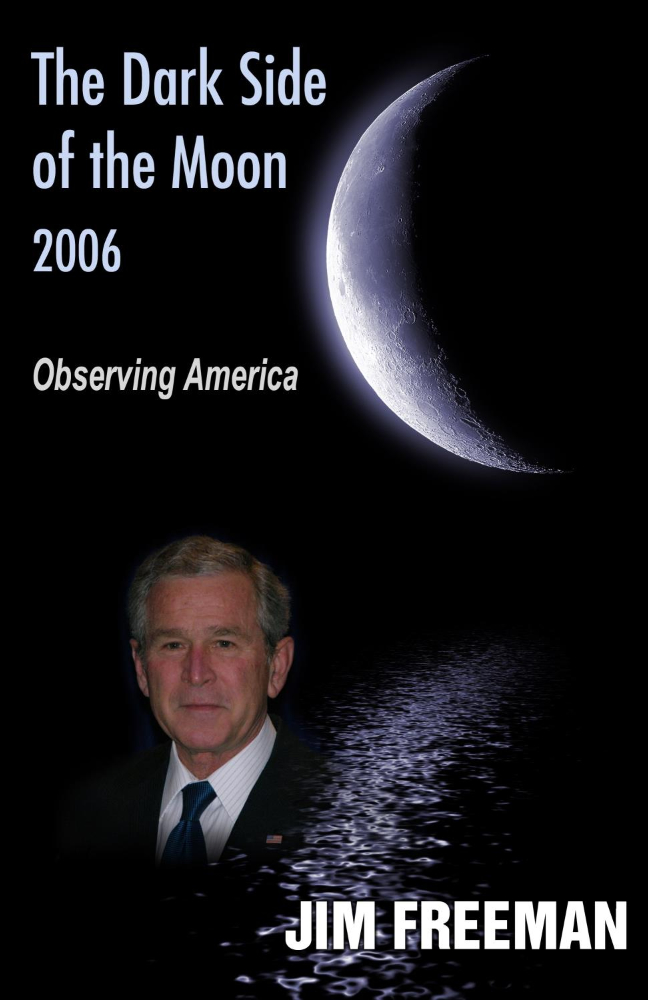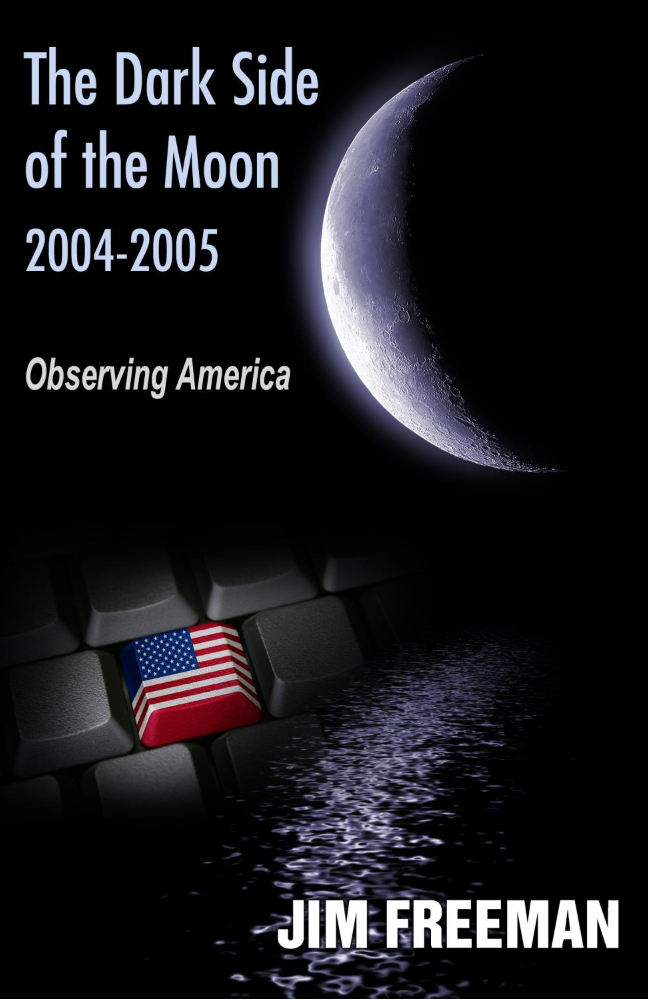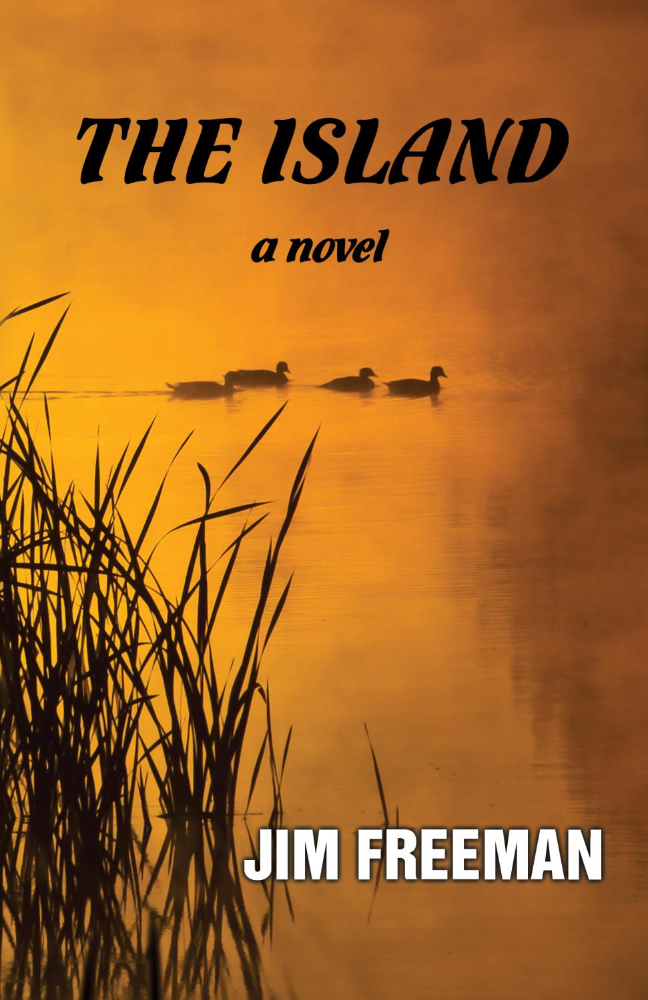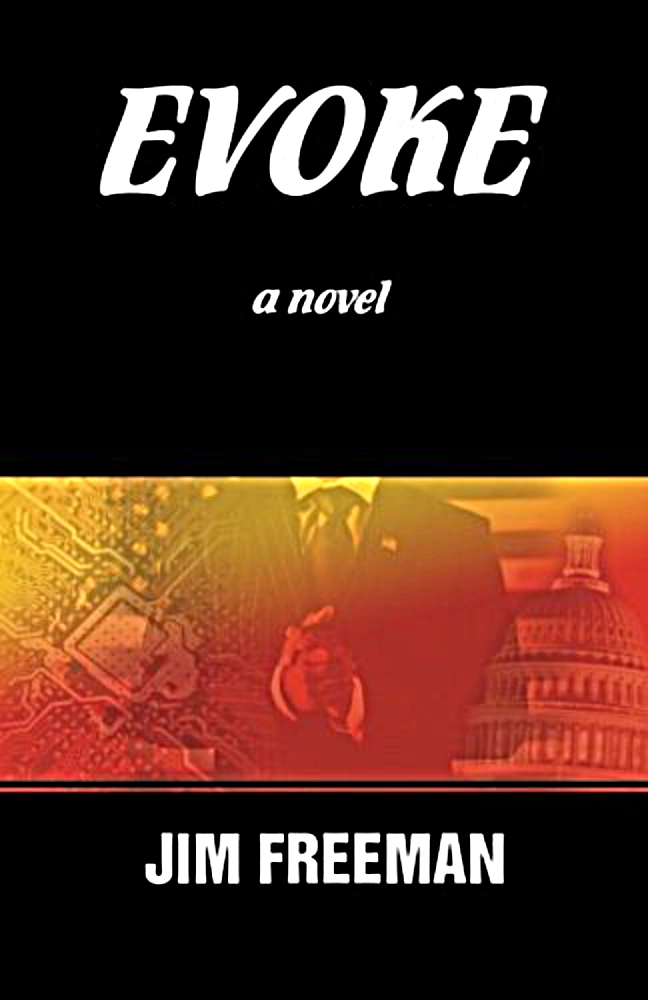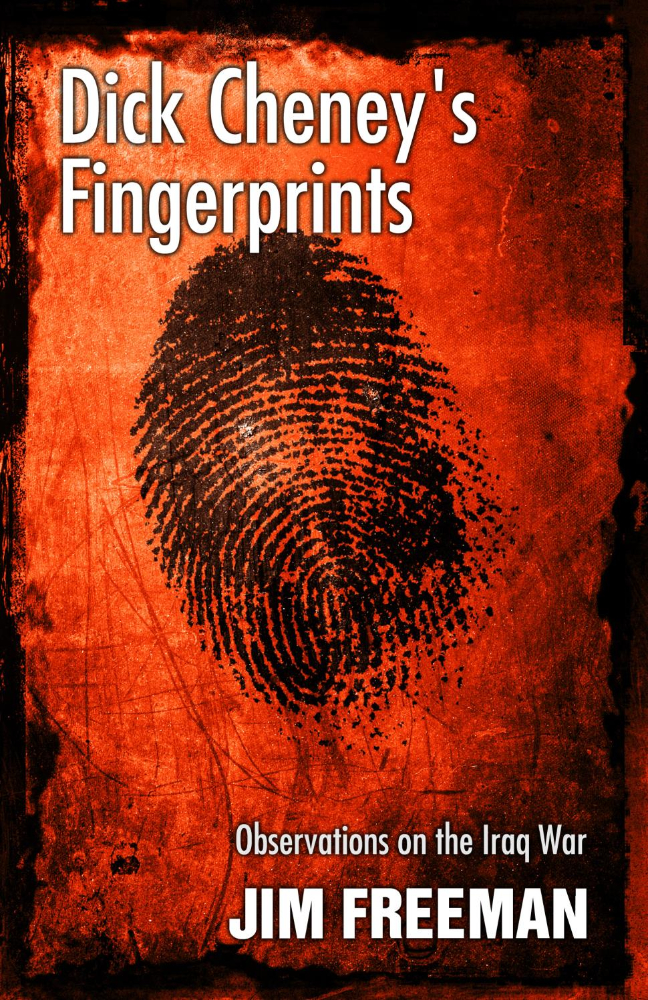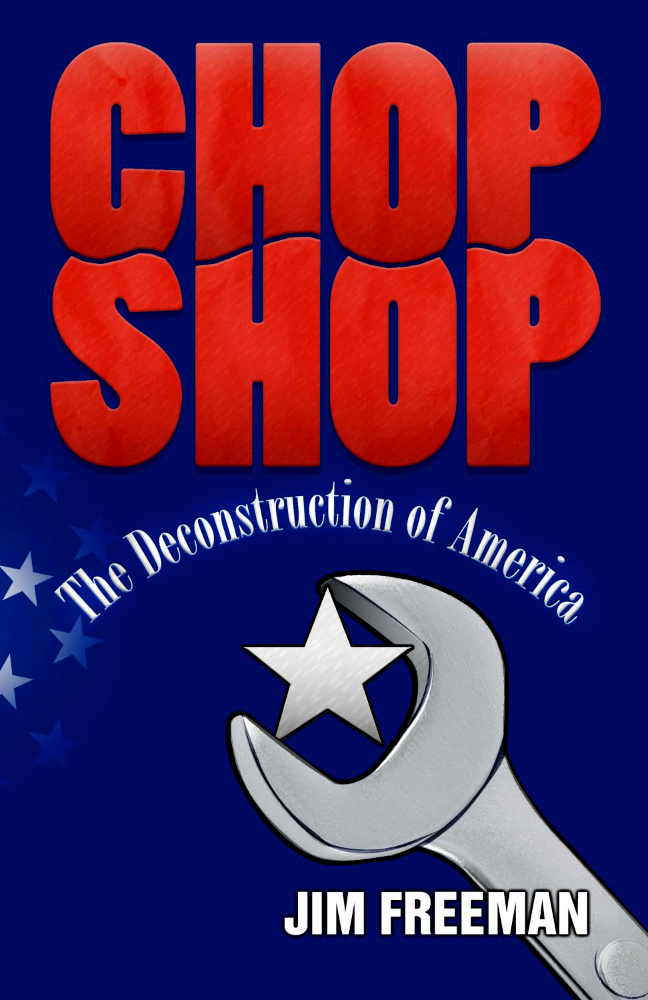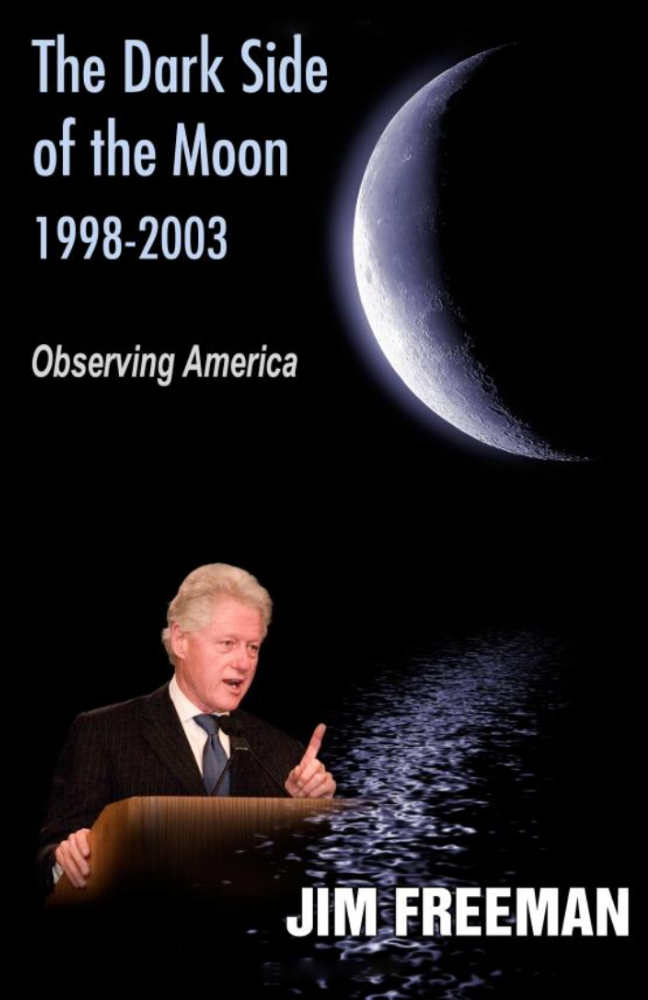In the current flurry of activity concerning artificial intelligence (AI) and the writing crafts, you are perhaps unaware of the Google project named Deep Mind.
According to Google, “when we launched DeepMind back in 2010, many people thought general AI was a farfetched science fiction technology that was decades away from being a reality… Building ever more capable and general AI, safely and responsibly, demands that we solve some of the hardest scientific and engineering challenges of our time. For that, we need to work with greater speed, stronger collaboration and execution, and to simplify the way we make decisions to focus on achieving the biggest impact.”
Well, more than a decade has passed since 2010, but then it’s been 2,000 years since the first algorithm was written, so who am I to criticize?
But writers, composers, graphic artists and others who might be in the ‘everything else’ pathway are nervous, particularly as the writer’s strike in Hollywood proceeds. Does Stephen Colbert really need nineteen writers for The Late Show? That’s not an easily asked or answered question.
If that 2,000 year thing about the algorithm is stuck in your head, it was actually Euclid in ancient Greece who formulated a recipe that, if followed step by step solves the problem of ‘given two numbers, find the largest number that divides them both.’ That recipe is an algorithm, baby, even though there’s no computer under Euclid’s fingers. If you’re looking for a deep mind, he’s the go-to guy.
What concerns me is Google’s apparent need to work with greater speed, stronger collaboration and execution, and to simplify the way we make decisions to focus on achieving the biggest impact
Whose biggest impact?
We just (maybe, maybe not) got through Zuckerberg’s ‘move fast and break things’ dedication in the hands of what was then a 32-year-old kid’s eagerness to wreck the sand-castle in the name of profit. Now Musk is ripping apart Twitter for ‘freedom,’ when we know Elon’s definition of freedom is to keep his ego unchecked. I’ll say it again.
Whose biggest impact? Yours? Mine? The salvation of humanity?
The thought that sometimes gives me chills is that human progress moves on a long, slow, Darwinian track that allowed us to acclimate ourselves to the move from cave paintings to jet aircraft. But lately that technological track that reliably moved with carrot-and-stick comfort just a bit ahead of our expectations is headed straight up. We don’t yet know how to handle straight up.
Technology is a tool—I keep reminding myself of that—technology is a tool.
Tools are good, but for some folks computers teaching computers are a tool and it’s 2,000 years since Euclid.


